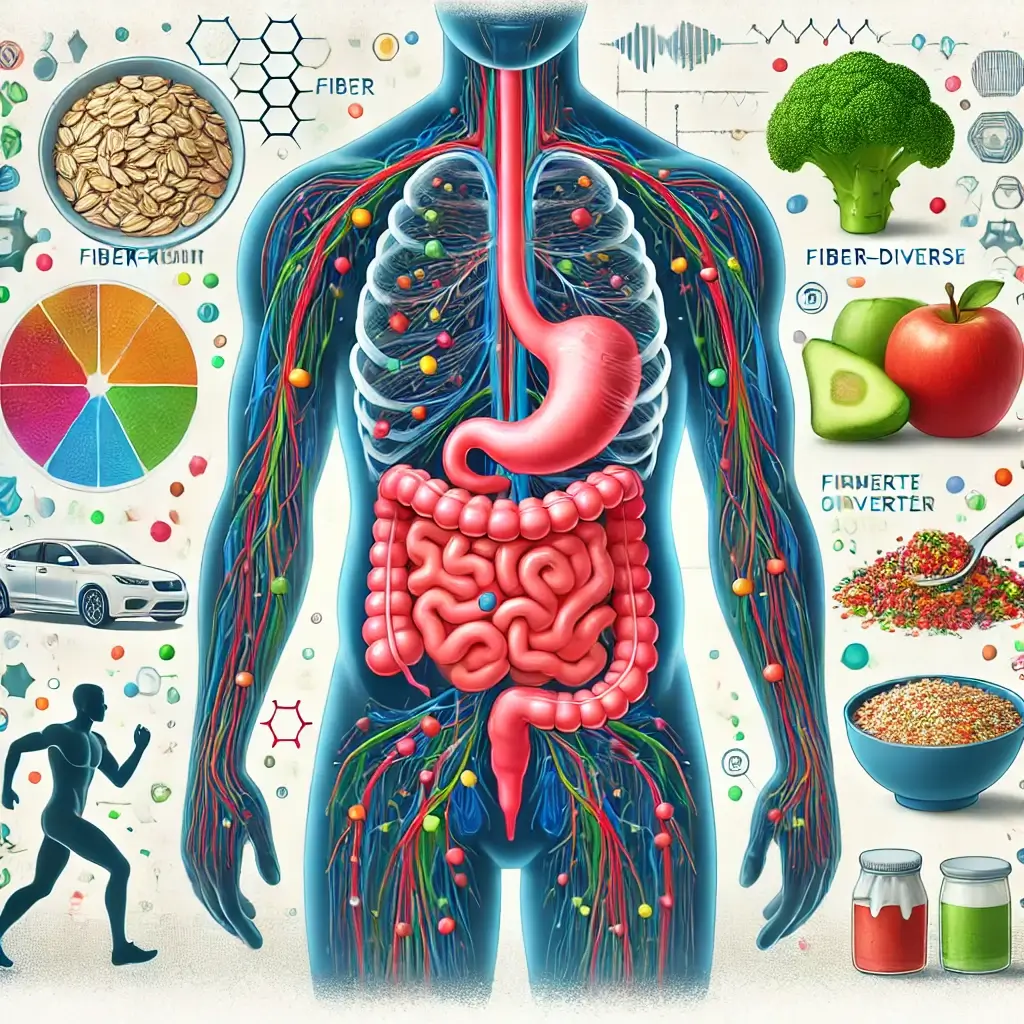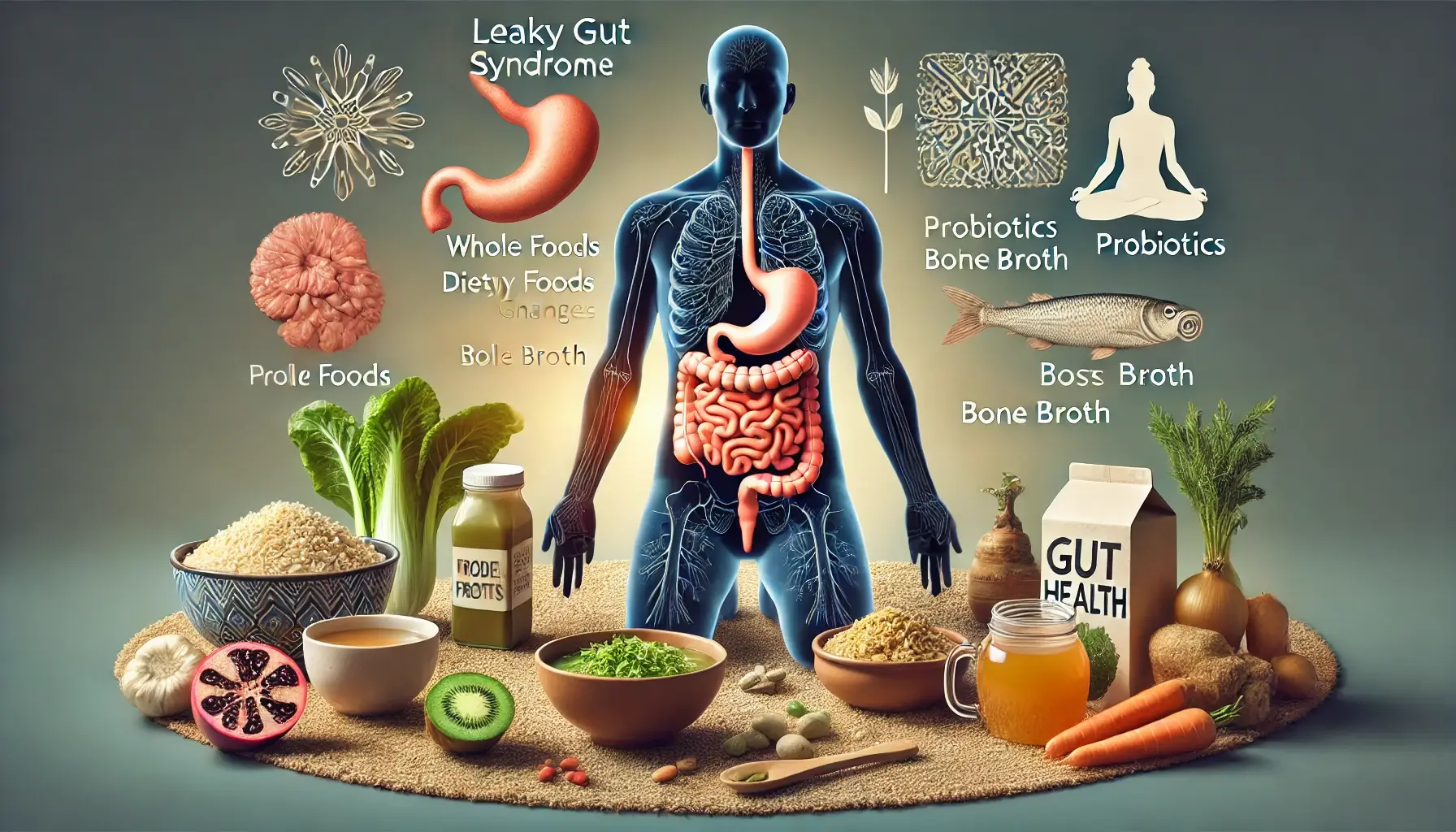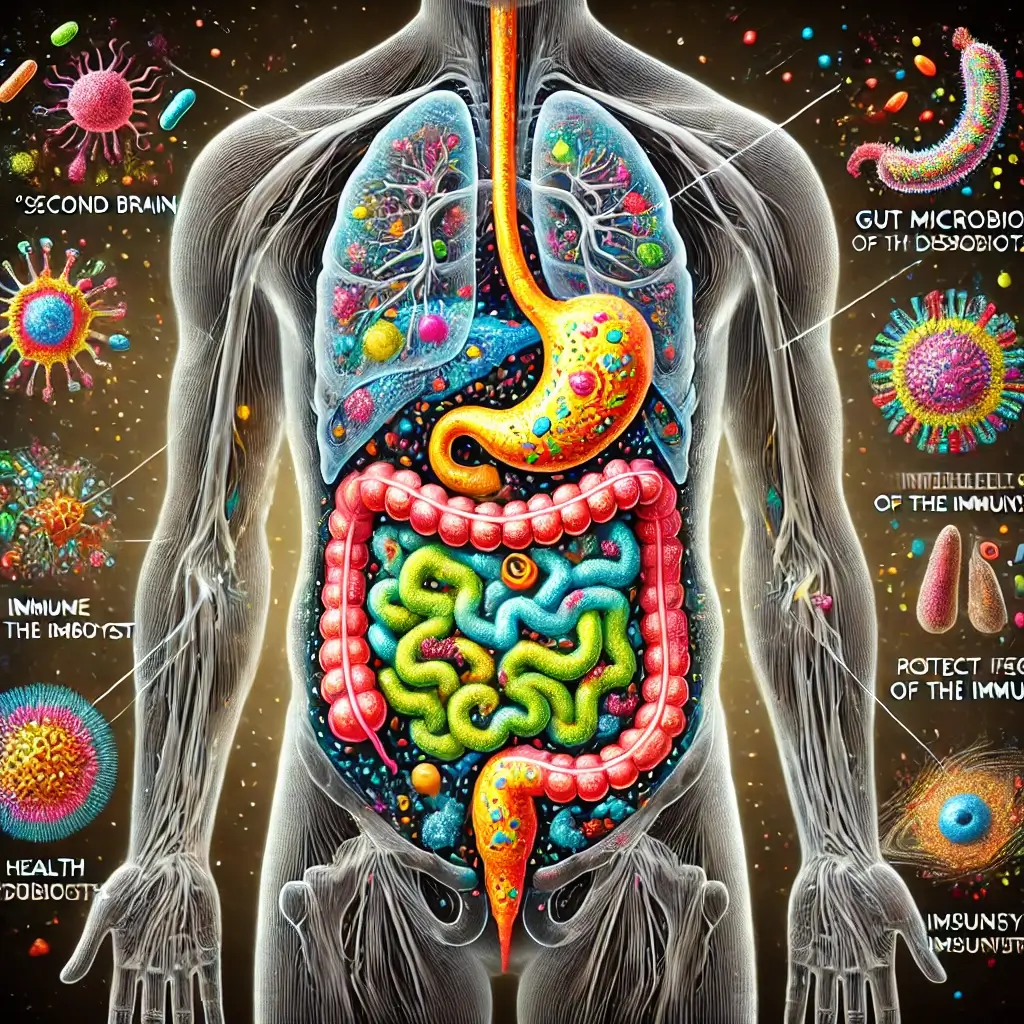Revolutionary Research Reveals How Gut Health Transforms Weight Loss Success Rates
The Global Challenge of Weight Management
Weight management challenges in global health remains one of the most persistent challenges in global health, with obesity rates climbing to unprecedented levels. Traditionally, the path to achieving a healthy weight has emphasized dietary restrictions and increased physical activity. While these approaches have undeniable merit, they often fail to address the underlying biological complexities that contribute to weight gain and retention. A growing body of research highlights the pivotal role of the gut microbiome in weight regulation, offering a more comprehensive understanding of the factors influencing metabolic health.
Understanding the Gut Microbiome’s Role
The gut microbiome—a dynamic ecosystem of trillions of microorganisms residing primarily in the digestive tract—does more than aid digestion. It influences nutrient absorption and energy metabolism, hormonal signaling, and inflammatory responses, all of which play critical roles in weight regulation. These microorganisms interact with the body in ways that can either support healthy weight maintenance or exacerbate metabolic dysfunction, depending on their composition and diversity.
Energy Extraction and Storage Mechanisms
Gut bacteria determine how efficiently the body extracts calories from food. Certain bacterial strains, such as Firmicutes, are associated with increased energy extraction and storage, potentially leading to weight gain. Conversely, a higher ratio of Bacteroidetes has been linked to improved metabolic profiles and weight loss. A balanced gut microbiome can regulate these processes, promoting healthier energy use and fat storage.
Appetite and Satiety Control Systems
The gut microbiome communicates with the brain via the gut-brain axis influence on appetite-regulating hormones, influencing appetite-regulating hormones such as leptin (which promotes satiety) and ghrelin (which stimulates hunger). Research published in Nature Communications in 2021 found that individuals with a diverse gut microbiome exhibited more stable hormone levels, reducing the likelihood of overeating.
Inflammatory Response Mechanisms
Low-grade chronic inflammation in obesity is a common feature of obesity. Dysbiosis, or an imbalance in gut bacteria, can disrupt the intestinal barrier and allow harmful substances to enter the bloodstream, triggering inflammation. Beneficial bacteria produce short-chain fatty acids (SCFAs) like butyrate, which help reduce inflammation and support metabolic health.
Personalized Nutrition and Microbiome Research
A 2022 study in Cell Metabolism explored how tailoring diets to individual microbiome compositions enhanced weight loss outcomes. Participants who received personalized dietary recommendations based on their microbial profiles experienced significant reductions in body weight and improved metabolic markers. This approach highlights the potential of precision nutrition in addressing obesity.
Clinical Trials on Probiotics and Prebiotics
Clinical trials have examined the impact of probiotics and prebiotics on weight regulation. A 2020 review in Gut Microbes reported that probiotics, particularly strains like Lactobacillus gasseri and Bifidobacterium breve, showed promise in reducing abdominal fat and improving metabolic health. Prebiotics, such as inulin, were found to enhance satiety and reduce caloric intake.
Fecal Microbiota Transplantation Studies
A groundbreaking trial published in The Lancet Diabetes & Endocrinology examined the effects of fecal microbiota transplantation on obese individuals. Transplanting microbiota from lean donors resulted in modest weight loss and metabolic improvements, though long-term results remain under investigation. This experimental treatment underscores the profound influence of gut bacteria on weight regulation.
Practical Strategies for Gut Health
To support optimal gut microbiome health for weight management, consider these strategies:
- Adopt a fiber-rich diet with foods like oats, lentils, apples, and broccoli
- Incorporate fermented foods like yogurt, kefir, kimchi, and sauerkraut
- Minimize processed foods and sugars
- Consider probiotic and prebiotic supplements
- Engage in regular physical activity
- Prioritize sleep and stress management
Future Implications and Conclusions
The gut microbiome is an emerging frontier in weight management science and metabolic health research. While traditional approaches to weight loss remain vital, integrating gut-friendly practices can provide a more holistic path to achieving and maintaining a healthy weight. As research into microbiome-targeted therapies and personalized nutrition advances, individuals and healthcare professionals alike stand to benefit from these groundbreaking insights. By adopting microbiome-supportive habits today, you can unlock the potential of your gut health and take meaningful steps toward a healthier future.
References
Zhao, L., Zhang, F., Ding, X., Wu, G., & Ji, M. (2021). Gut microbiota and appetite regulation: Insights from human and animal studies. Nature Communications, 12, 1395.
Smith, J., Brown, M., & Taylor, R. (2022). Personalized diets based on gut microbiota: A randomized trial. Cell Metabolism, 3(8), 100345.
Turnbaugh, P. J., Ridaura, V. K., Faith, J. J., Rey, F. E., Knight, R., & Gordon, J. I. (2020). Probiotic and prebiotic interventions in weight management. Gut Microbes, 11(5), 1347–1355.
Ridaura, V. K., Faith, J. J., & Gordon, J. I. (2021). Effects of fecal microbiota transplantation on metabolic health. The Lancet Diabetes & Endocrinology, 9(1), 89-97.













